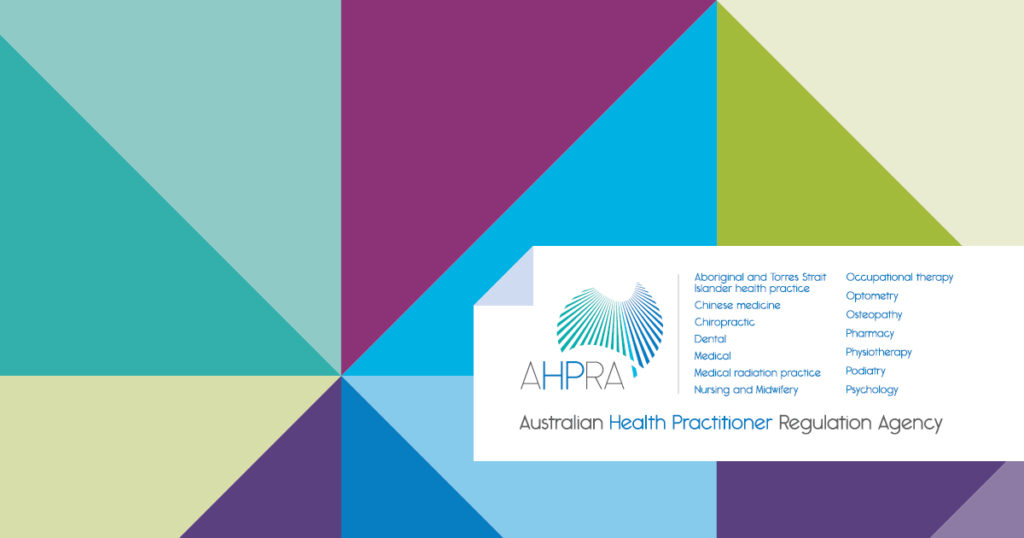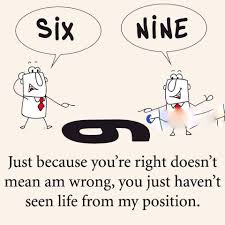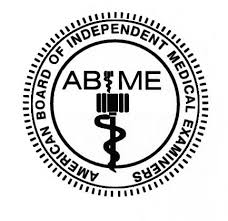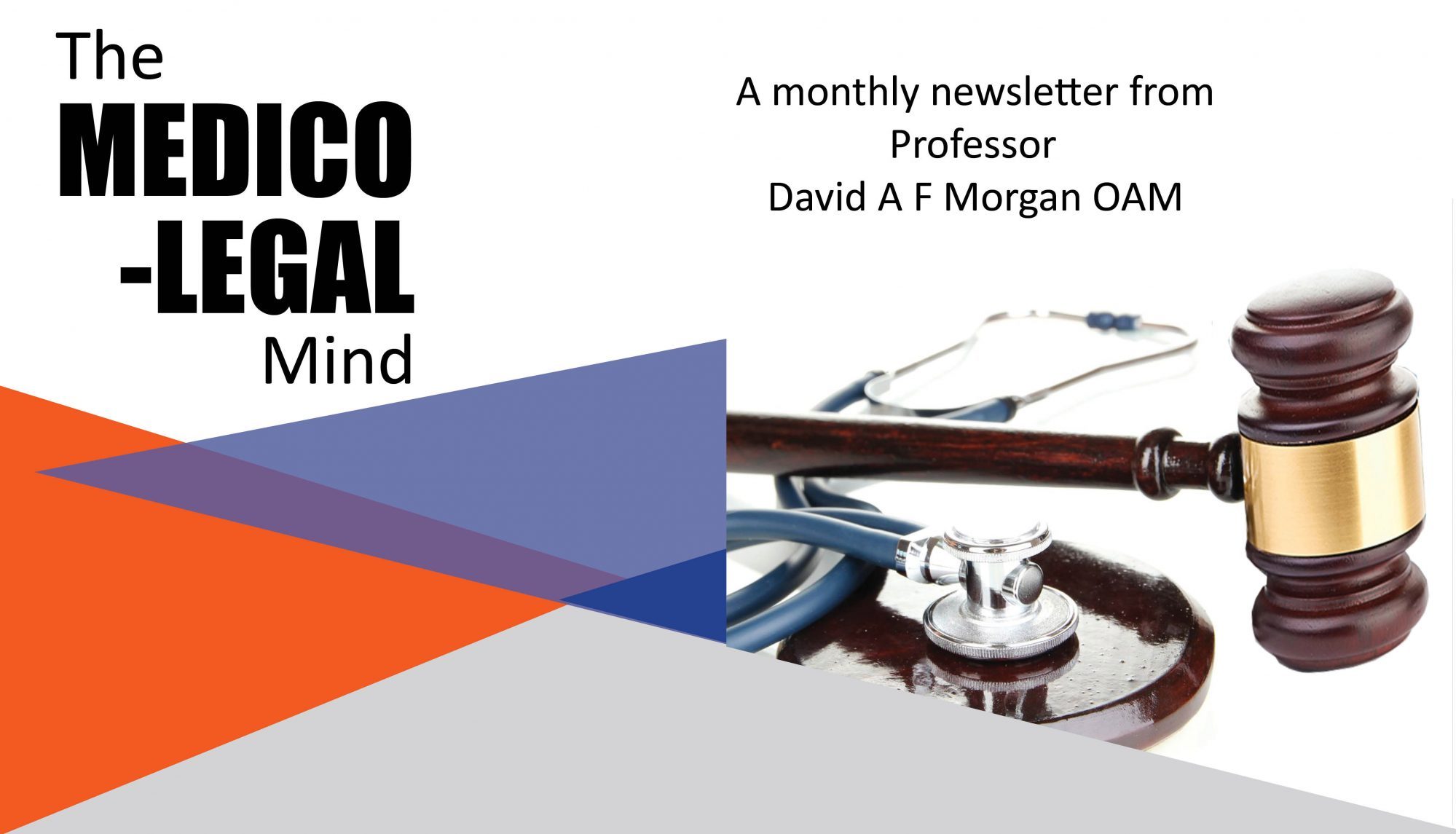GENERAL ADVICE – SEPTEMBER 2019
Is Your Expert an Expert?
It can be very difficult to know. You could reasonably expect that a specialist holding qualifications from one of the Specialty Colleges would conform. Unfortunately, that is not always the case. In particular, some of the older “semi-retired” members of the medical profession may be deficient with their Continuing Professional Development obligations. Unless you search College records, or contact AHPRA, you could never be sure.

AHPRA logo
Sub-speciality qualifications are also vital. In the Orthopaedic Medicolegal arena, we usually adhere to the principles espoused by the American Medical Association publication “Guides to the Evaluation of Permanent Impairment”. This tome is up to its 6th Edition. In Queensland, we rely upon AMA 5th Edition and its subsequent conversion to the Injury Scales Values (ISV) favoured by the Courts.
Whilst every expert quotes the Guides, and calculates impairments accordingly, not all of these practitioners are either trained or skilled in the accurate use of the Guides. These publications are both proscriptive and prescriptive. There are general rules but many important exceptions. Some impairments can be added, others combined using special tables, or not used together or at all.

Improper use of the Guides may result in impairment calculations that are seriously anomalous. When two expert opinions differ widely (as they may if one is in error), sensible mediation may be compromised and expensive litigation could ensue.

I attended a conference recently where a so-called expert was on the faculty. The expert spoke with confidence. There was a temptation to place credence in the message being delivered. Interestingly, that expert has not been tested by examination in the use of the Guides, dismissed the need for such validation, yet is known to use the Guides inaccurately.
What should you do? Options include asking your expert if he or she is a Certified Independent Medical Examiner (CIME) with the American Board of Independent Medical Examiners (ABIME). You could search for the expert’s qualifications on the ABIME on-line portal. You could ask for a copy of the certifying document.

Whatever it is you do, be sure that your “expert” is an “expert”.
